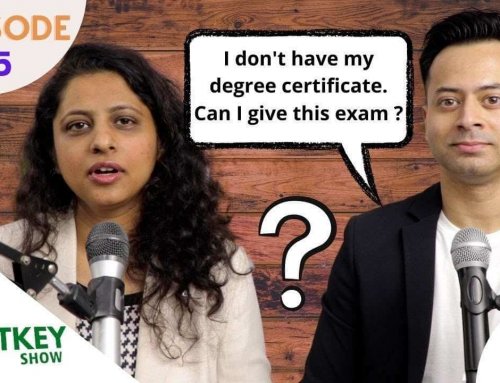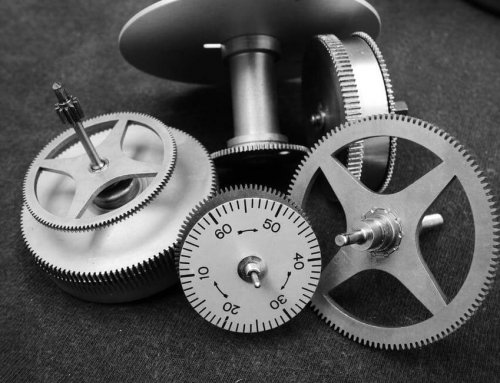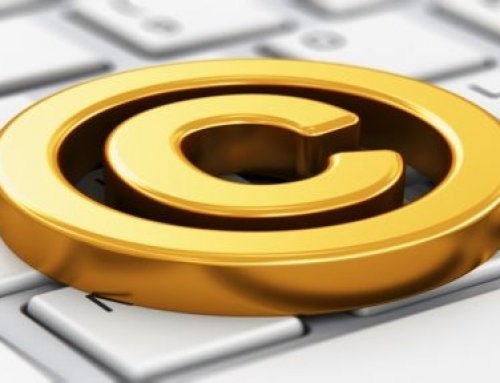We generally know that patent protects an invention, trademark protect the mark for the service or goods, but copyrights are far more complex because they are generally abstract or protect creative expression. Copyright protection, unlike patent process, is automatic upon creation of copyrightable work. In other words, if you have registered your copyright with the United States Copyright Office, but chose not to do so, you still own the work. Ideas cannot be copyrighted. Only the actual expression of your idea in a fixed form is protected by the copyright law. If someone uses your exact idea for a research project on Battle of Normandy, and she interviews the same subject and take pictures of the same landscape, but does not use your words or pictures, you may or may not have legal redress but not under copyright law.

One question that is much easier to answer is how long do copyrights last? The question requires no creative interpretation, just a trio of facts:
- Who is the work’s creator
- For whom did they create the work themselves or an employer
- Is the work’s creator alive or dead
When does a Copyright begin?
Article 10 of the Copyright Act provides, ” The author of the work shall enjoy copyright upon completion of the work, provided, where this Act provides such provision shall govern.” That is to say, a creator enjoys the copyright as soon as he or she has completed a work. Registration is not required. Copyrights are private rights. Copyright owners like owners of private rights in general, bear the burden of proof of the existence of rights. Therefore, copyright owners should preserve and keep materials from creative process or release of a work or other material relating to their rights to work, serve as evidence of their rights. That way, if a dispute ever arises over the privacy rights, a court of law can use such evidence submitted by the rights owner as a basis to uphold the rights.

Registering a Copyright
No. In general, registration is voluntary. Copyright exists from the moment the work is created. You will have to register, however, if you wish to bring a lawsuit for infringement of a U.S. work. Registration is recommended for a number of reasons. Many choose to register their works because they wish to have the facts of their copyright on the public record and have a certificate of registration. Registered works may be eligible for statutory damages and attorney’s fees in successful litigation.The time the Copyright Office requires to process an application varies, depending on the amount of material of office is receiving. If your submission is in the order you may generally expect to receive a certificate of registration within approximately 4 months of submission. o register a work, you will need to submit a completed copyright application form, a nonrefundable filing fee of $45, and a non-returnable copy or copies of the work to be registered. The Office of Intellectual Property can assist you with this process.
Life plus 70
All published work in the United States before 1923 are in public domain. Works published after 1922, but before 1978 are protected for 95 years from the date of publication. If the work was created but not published before 1978 the copyright lasts for life of author plus 70 years. You can register for your copyright work or employer can register it for you. If you are paid to write articles then the law will presume that your employer is also paying for your copyright. The company that paid you to write article owns the copyright for them.

No need of renewable
Irrespective of the person, whosoever registers for the copyright, you do not have to worry about the renewal. Unlike patents and trademarks, where you have to keep renewing it after the certain number of time and in failure to pay the renewal fee may expire the patent. Copyright law quite different from what it was before and there is no need to renew it. Instead, the creator can choose to release their copyright to the public in an opt-out system.





